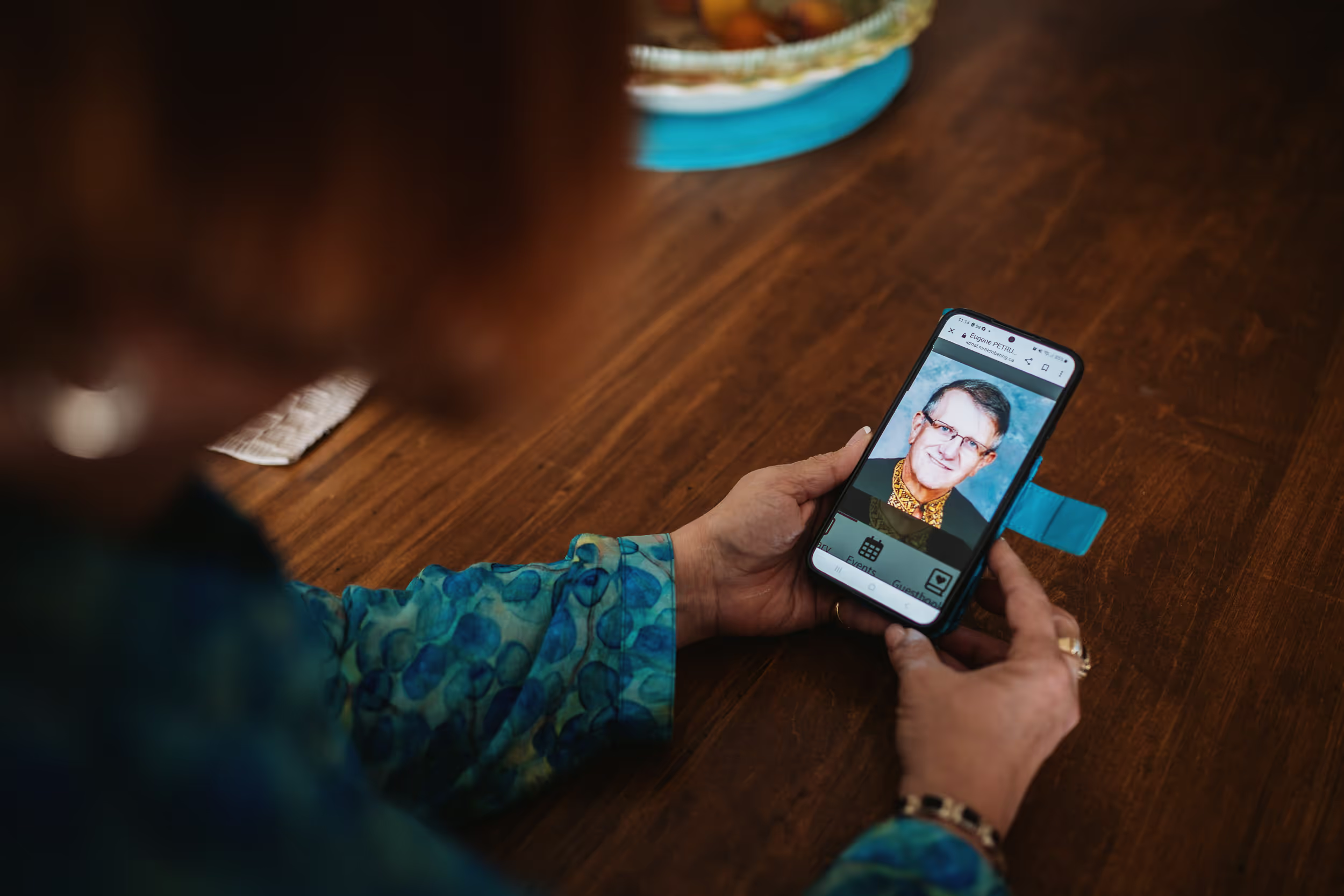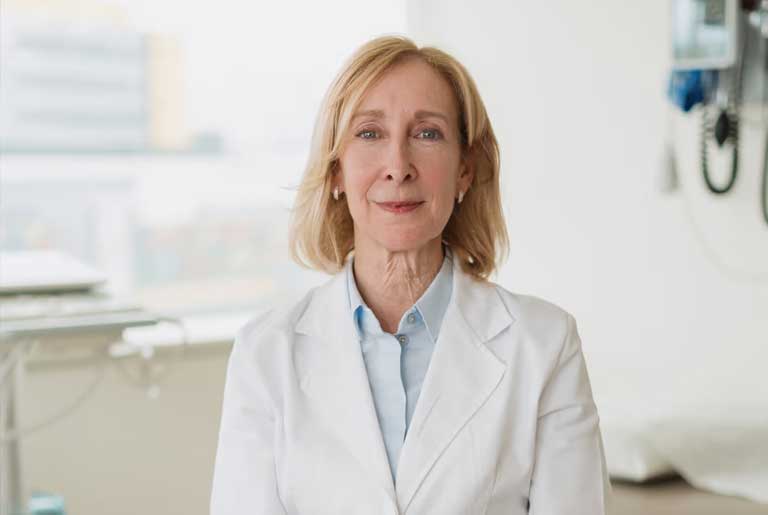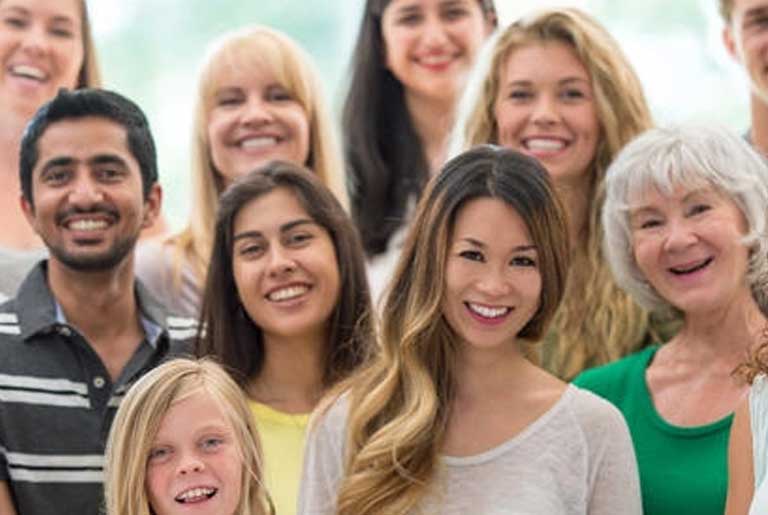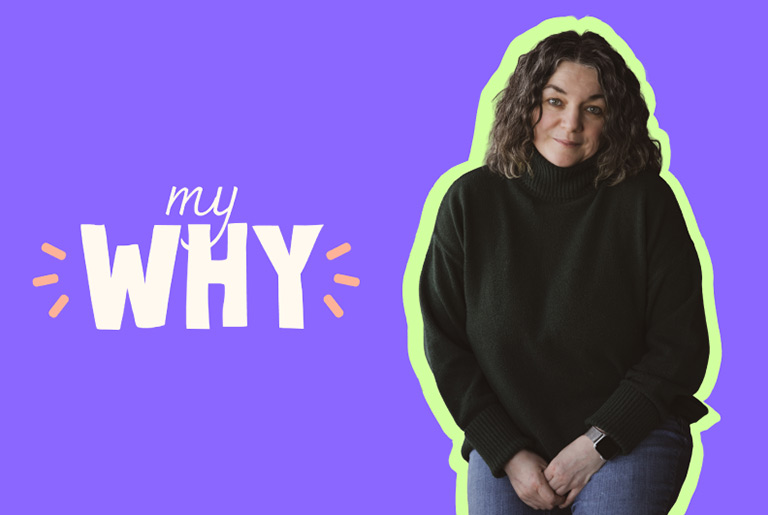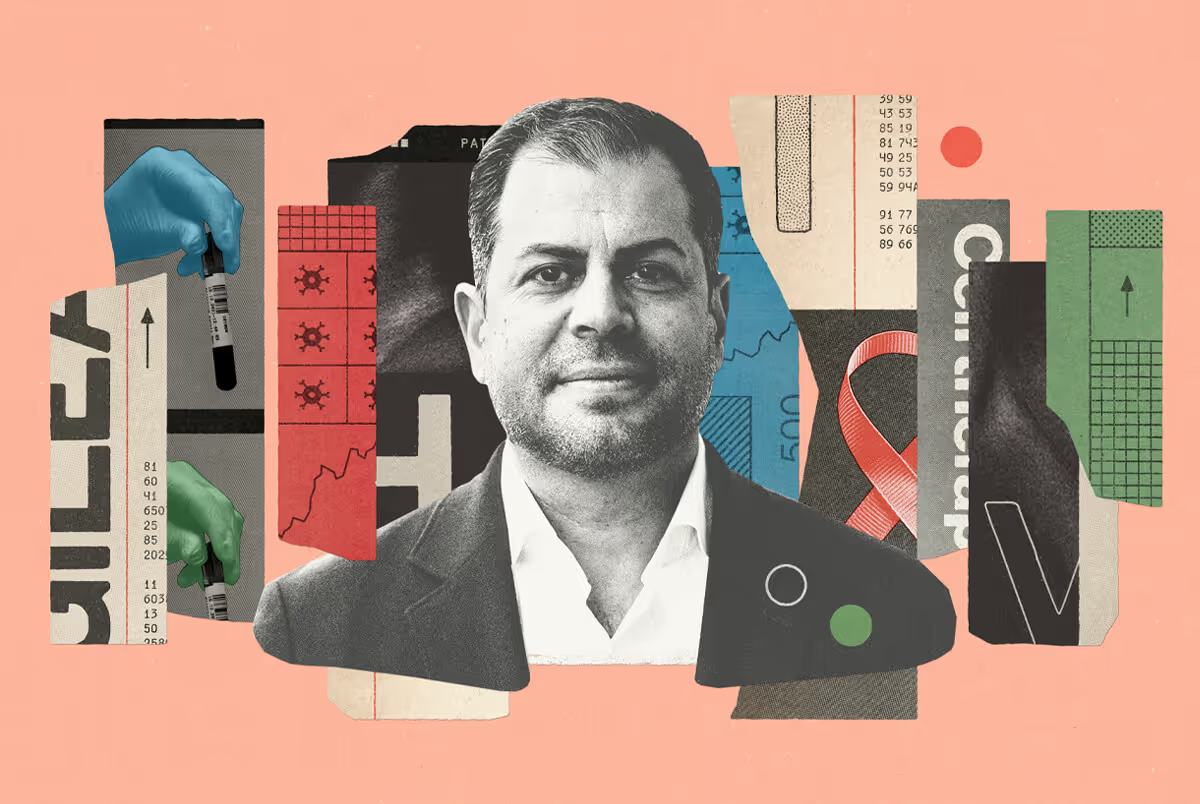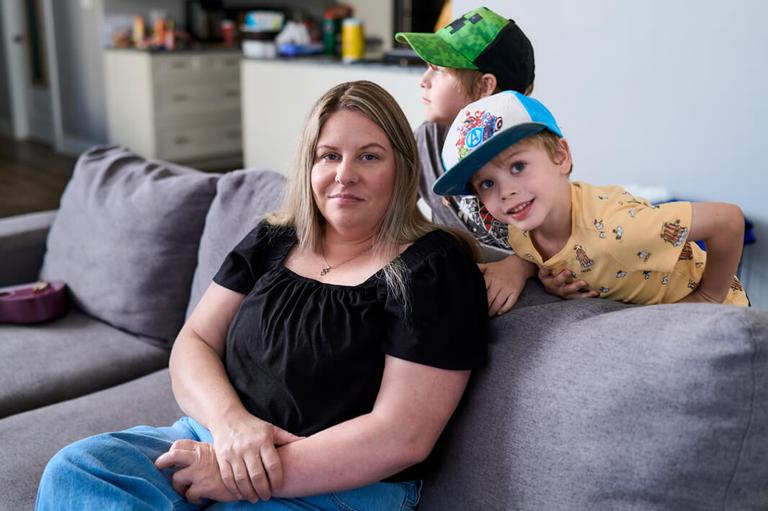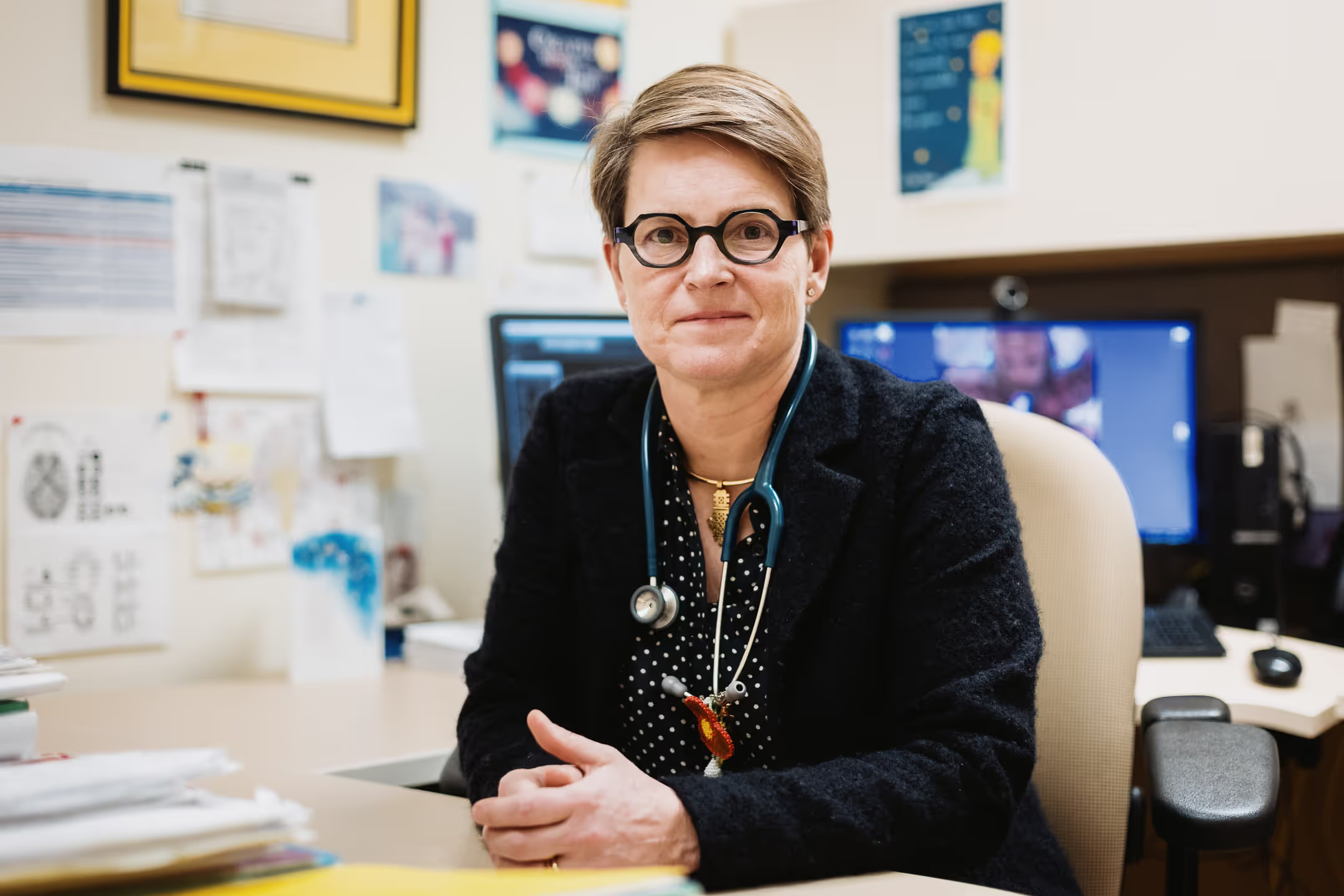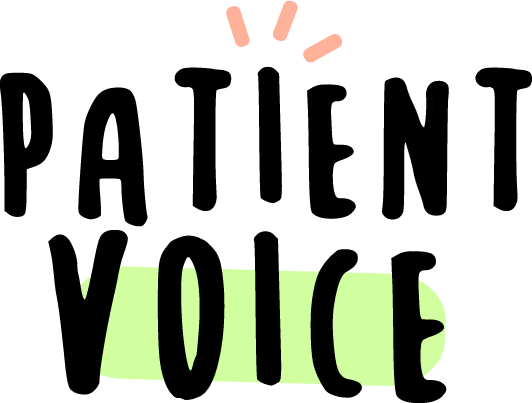“Blood cancer is a huge part of my life.
In 1991, my husband Eugene started having chest pain. After a bone marrow biopsy, he was diagnosed with essential thrombocythemia, a rare disease where the marrow makes too many platelets. The doctors told him he could do chemotherapy or he could just live his life and see what happened.
He chose to live his life. We had one young child at the time and were planning to have at least one more. By the time our second son was born, chemotherapy didn’t make much sense to us. He got 19 good years. But then in 2010, the thrombocythemia advanced to myelofibrosis, one of a group of deadly blood cancers known as myeloproliferative neoplasms (MPNs). We hadn’t known that was a thing that could happen.
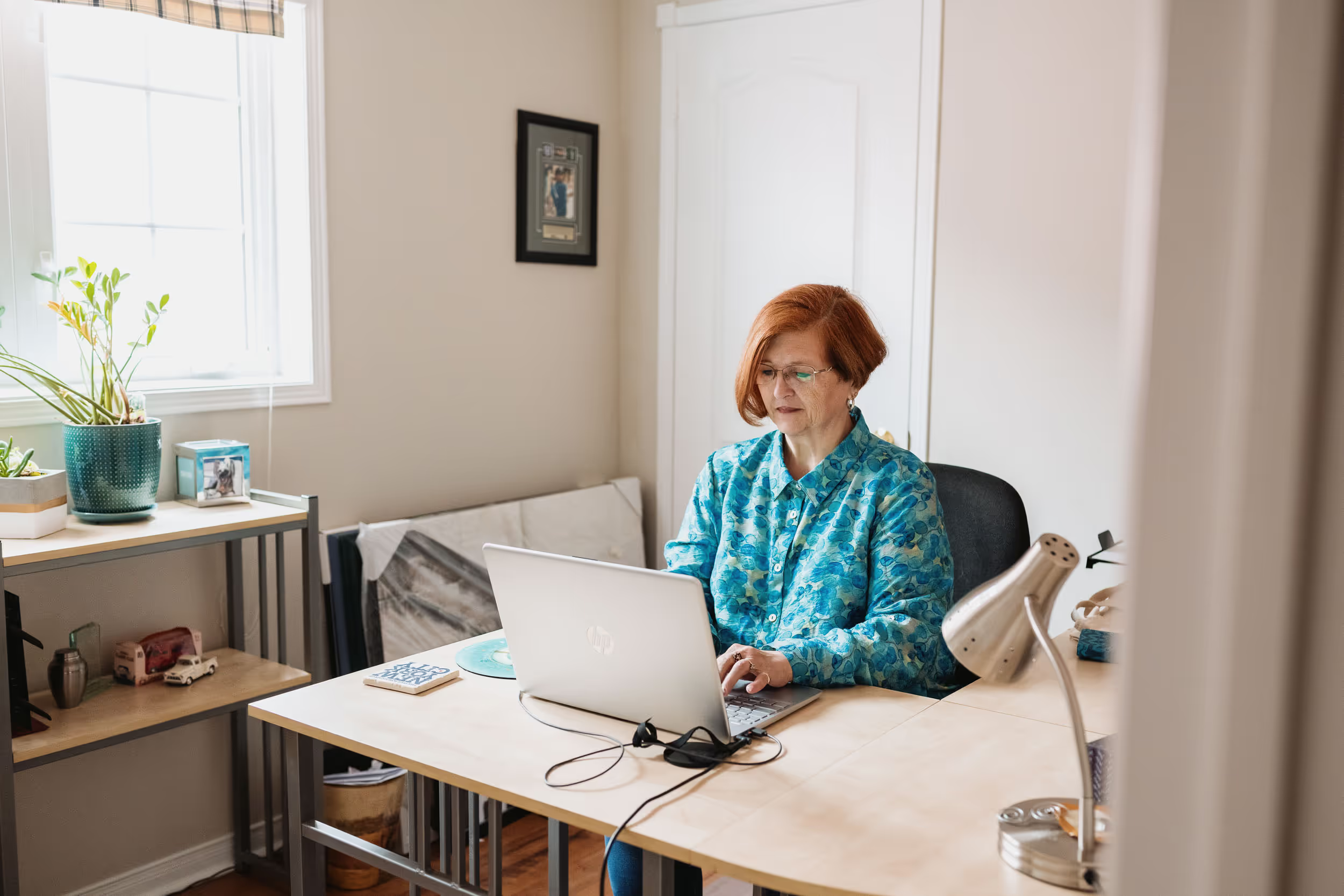
Pretty quickly we started connecting with other people affected by MPNs. In Montreal, we met with 12 other patients and formed the Canadian MPN Network Patient Advocacy group. Leading a group like this is very difficult for someone who’s also a patient, so I stepped forward to helm the organization. We soon recognized that there was a research gap as well as an advocacy and awareness gap, so I went on to also found the Canadian MPN Research Foundation (CMPNRF).
“This patient community had given me so much, and I had accrued so much specialized knowledge, it would have felt shameful not to continue giving back.”
These organizations became my purpose. When Eugene passed in 2018, it might have seemed natural for me to step away from blood cancer, to let it fade out of my life. But I couldn’t. This patient community had given me so much, and I had accrued so much specialized knowledge, it would have felt shameful not to continue giving back. I stepped back from the CMPNRF, but I’m teaching now at three different colleges and I’ve started two new organizations — HEAL Canada and Cache Education — both focused on training and knowledge-sharing in patient advocacy.
Eugene had a truly good life. He was a hard worker, a great father, and an incredibly altruistic person. By staying involved in this community, I feel I’m keeping his legacy alive in a way. We couldn’t save Eugene’s life, but we have a real chance to save others, to give them the roadmap we didn’t know we needed way back in 1991.”
